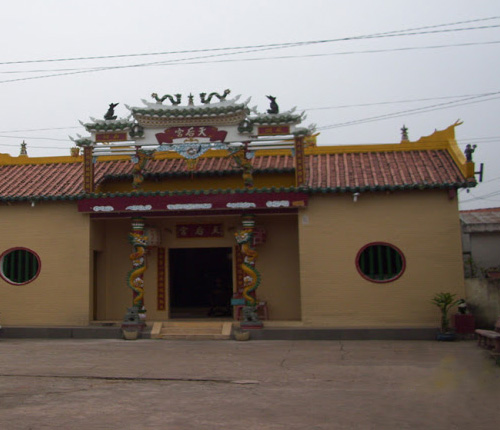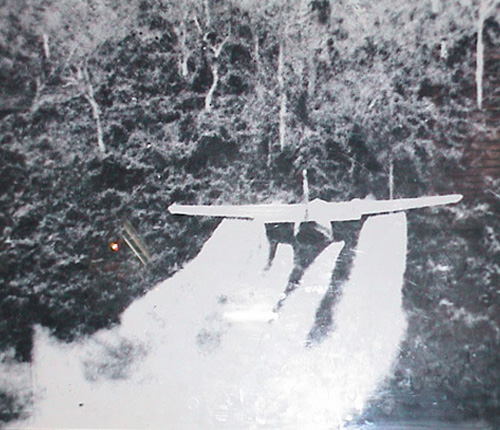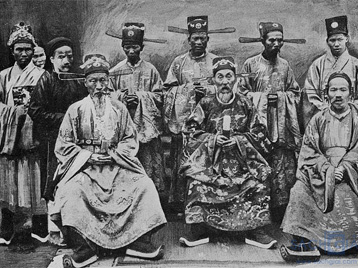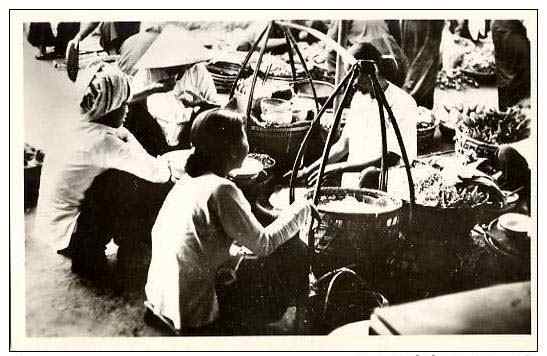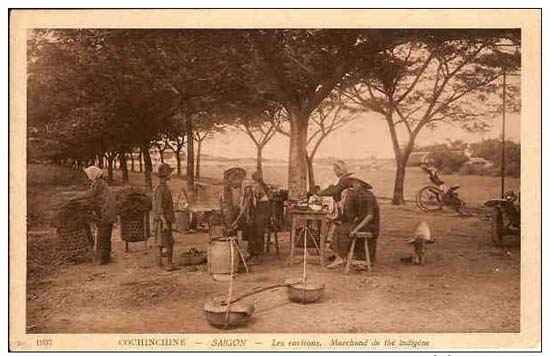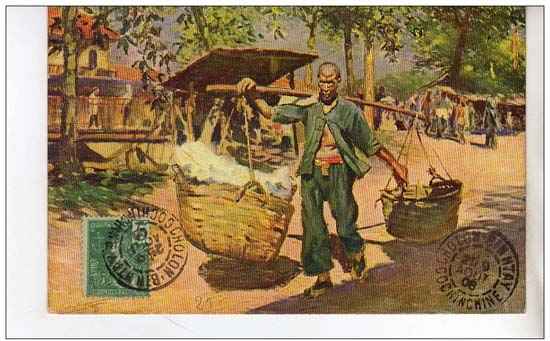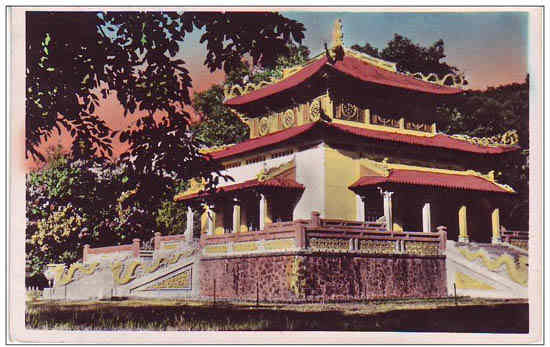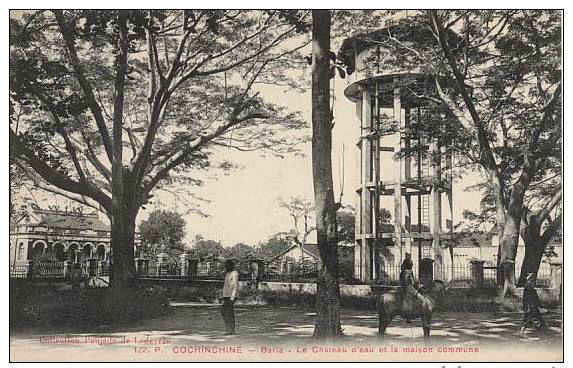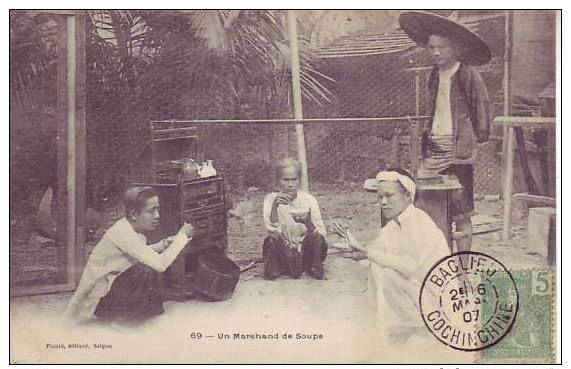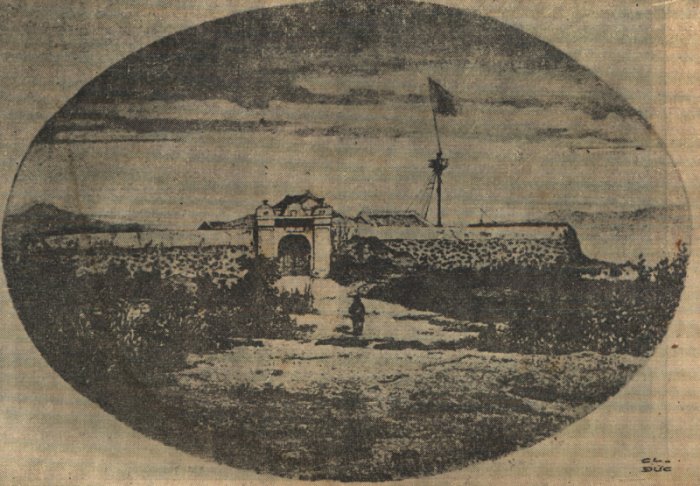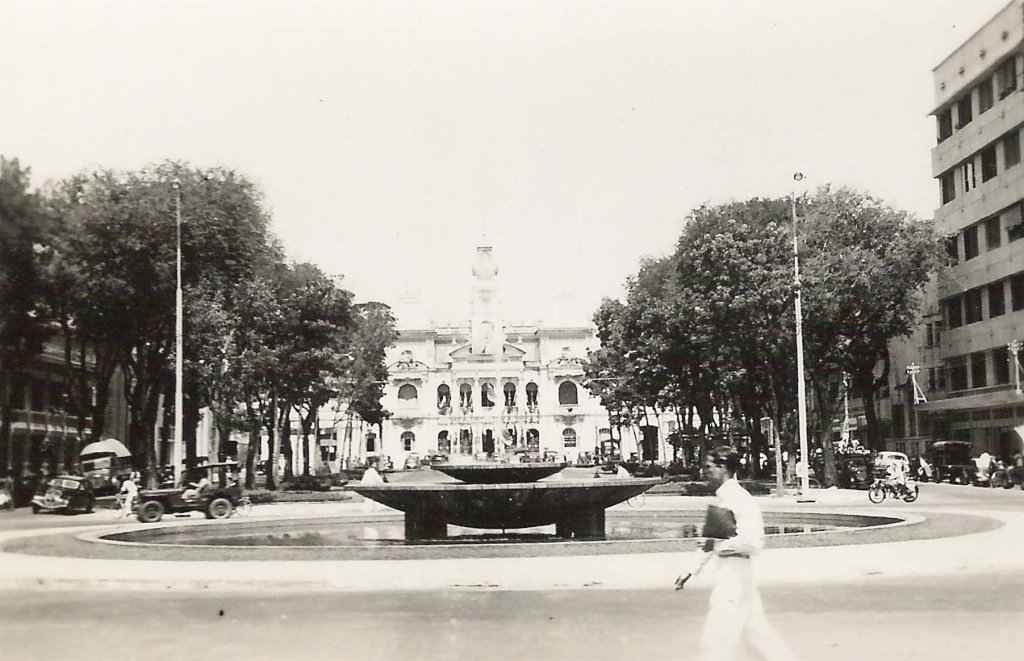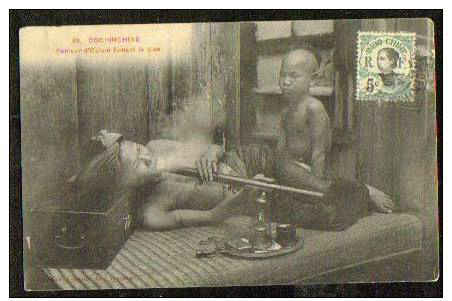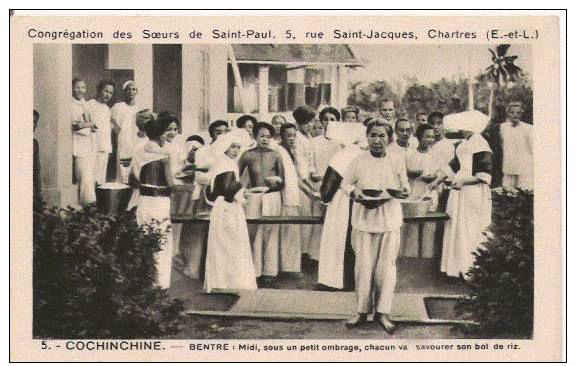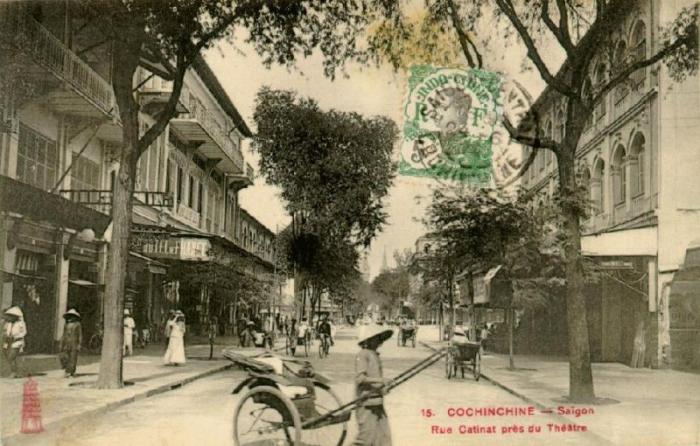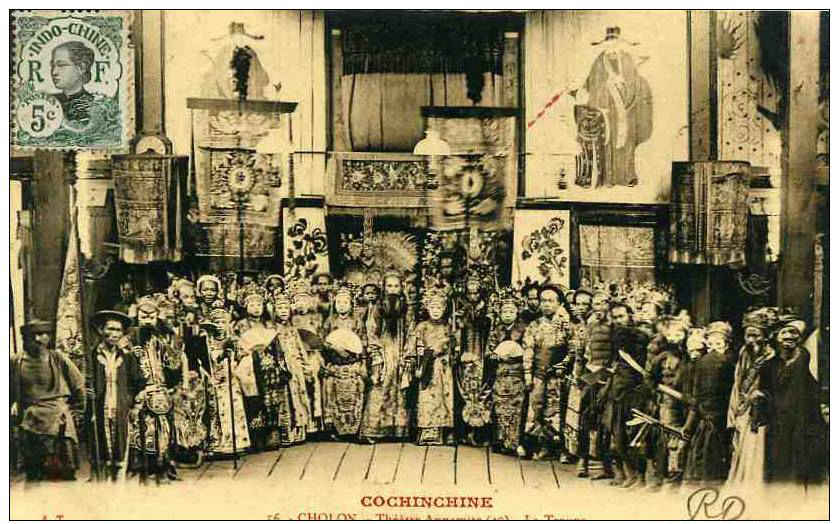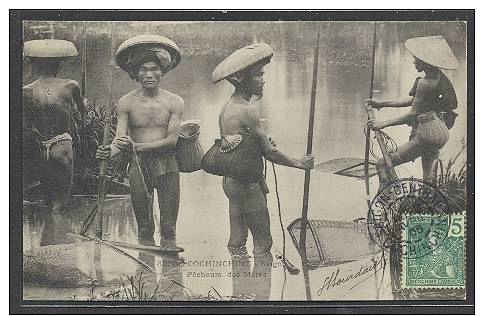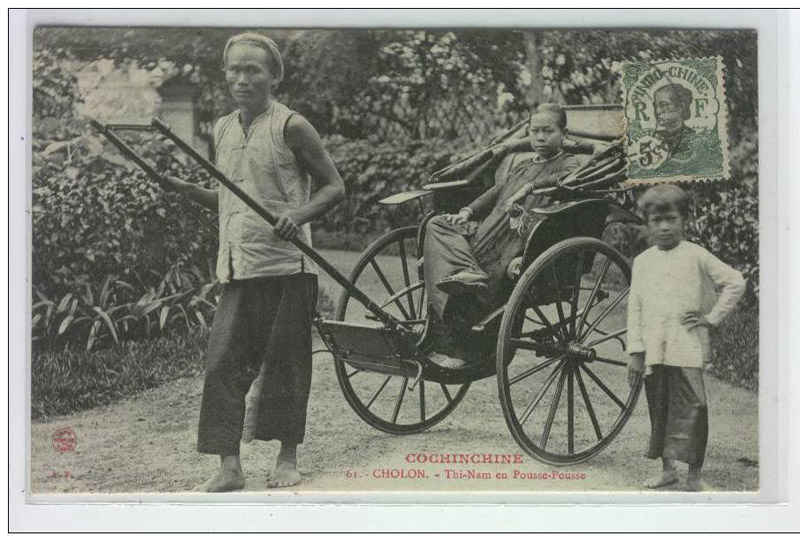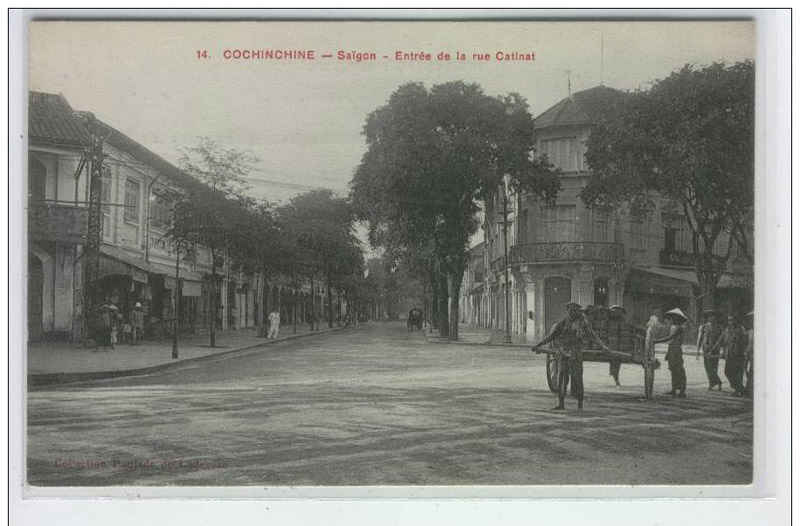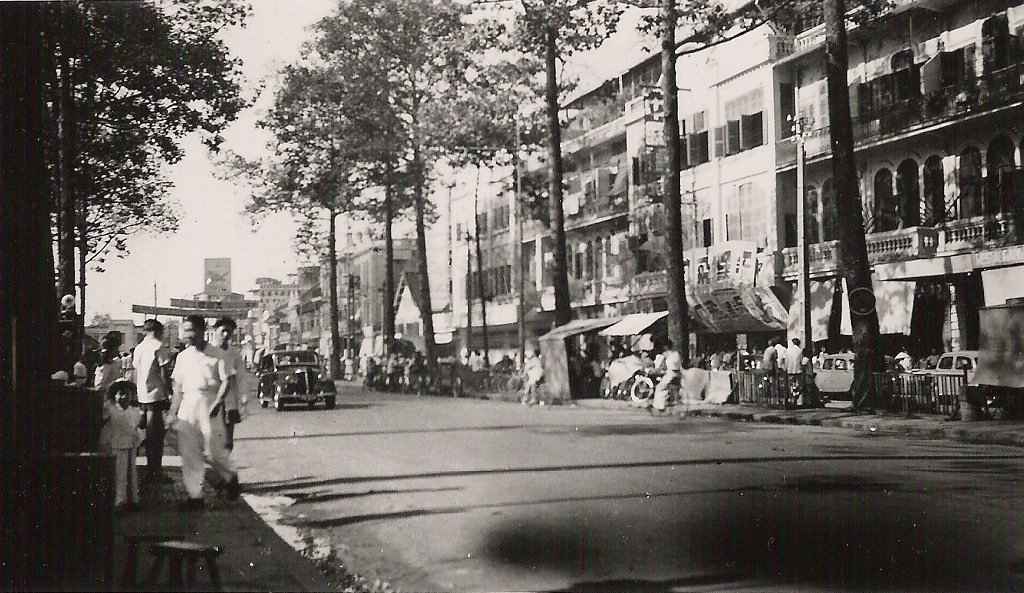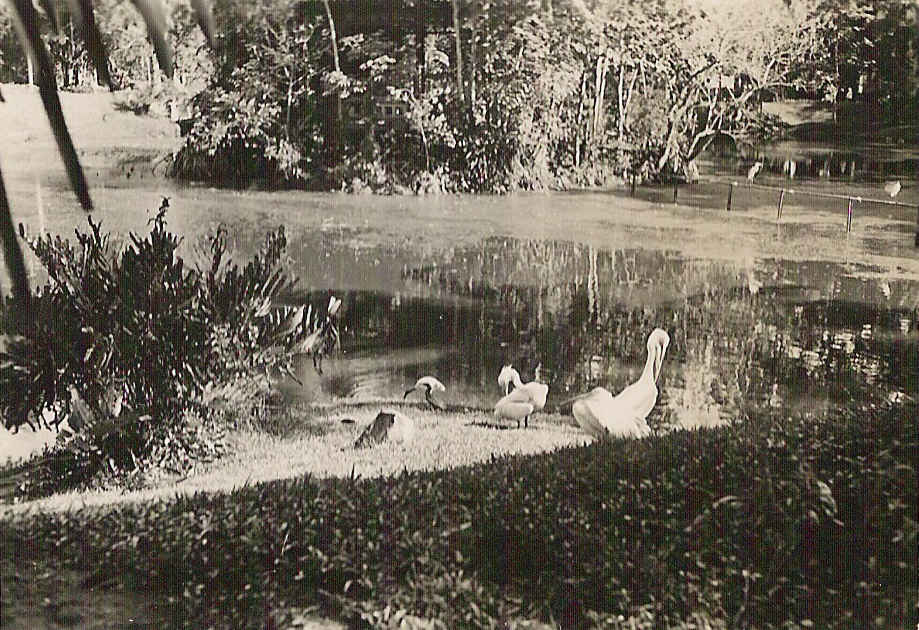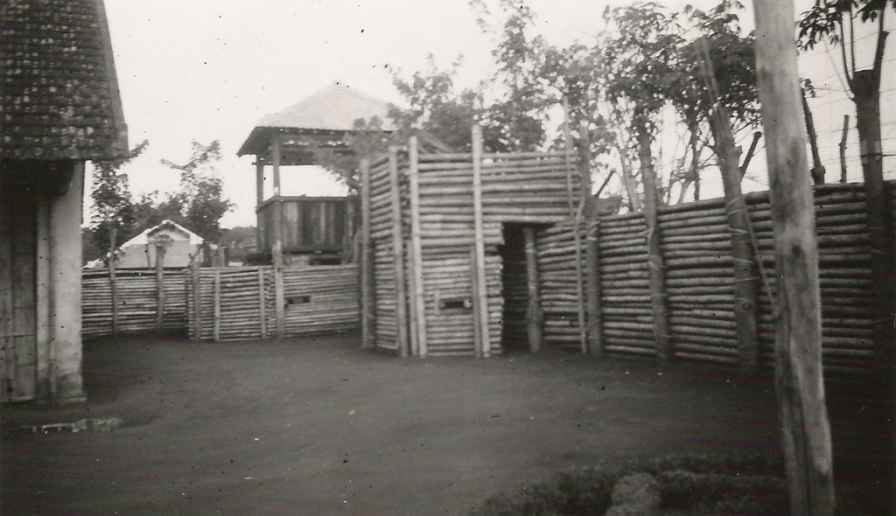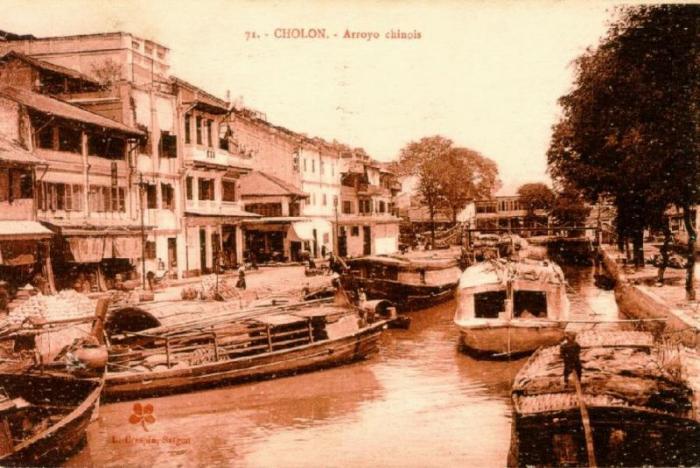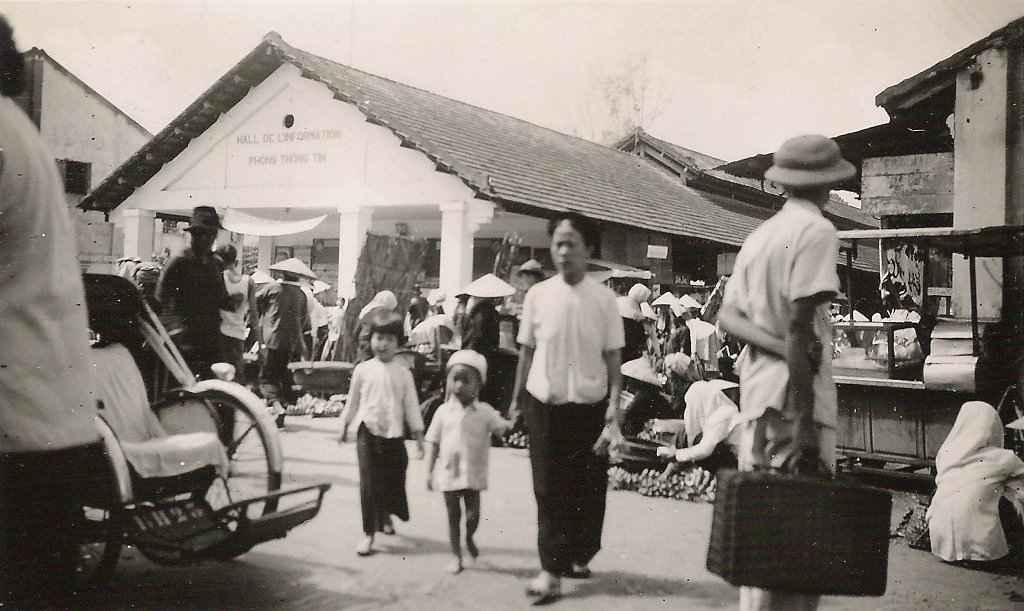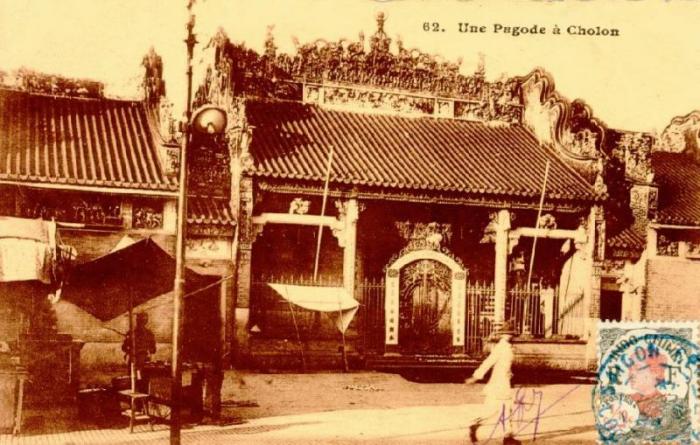THE BOMB DIDN'T BEAT JAPAN ... STALIN DID
- 14/08/2015
The U.S. use of nuclear weapons against Japan during World War II has long been a subject of emotional debate. Initially, few questioned President Truman’s decision to drop two atomic bombs, on Hiroshima and Nagasaki. But, in 1965, historian Gar Alperovitz argued that, although the bombs did force an immediate end to the war, Japan’s leaders had wanted to surrender anyway and likely would have done so before the American invasion planned for November 1. Their use was, therefore, unnecessary. Obviously, if the bombings weren’t necessary to win the war, then bombing Hiroshima and Nagasaki was wrong. In the 48 years since, many others have joined the fray: some echoing Alperovitz and denouncing the bombings, others rejoining hotly that the bombings were moral, necessary, and life-saving.
Xem trọn bộ tại đây
- The Lethal Legacy of the Vietnam War
- CarlyleThayer Managing Security Tensions In The South China Sea
- South China Sea Arbitration
- Southeast Asia In The Ming Shi-Lu
- Office of the secretary of defense regrading action
- Building a New House for the Buddha: Buddhist Social Engagement and Revival in Vietnam, 1927-1951
- The university on the make
- The Rise and Fall (?) of Hoi An, a UNESCO World Heritage Site in Vietnam
- The Air Force and Herbicides in Southeast Asia 1961 - 1971
- Examining the South China Sea Disputes


